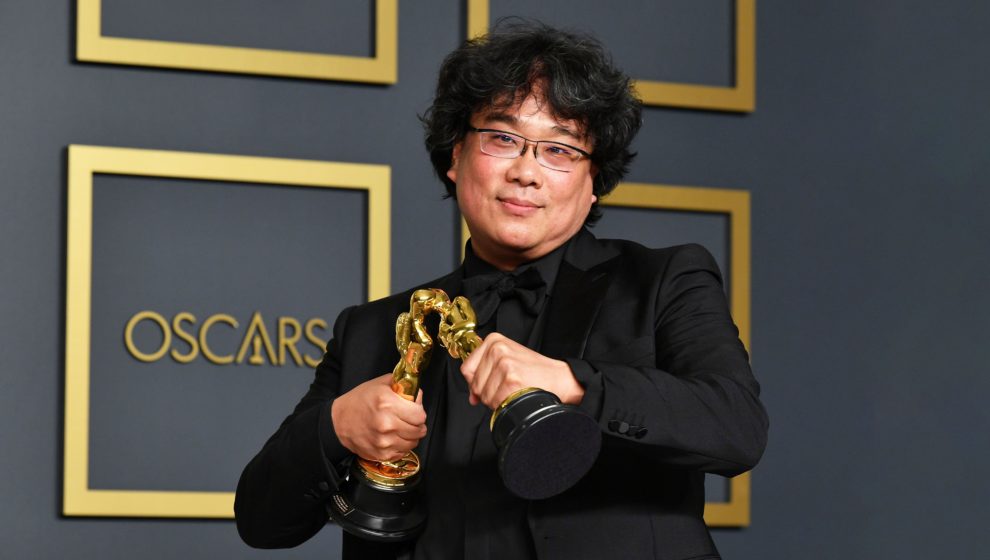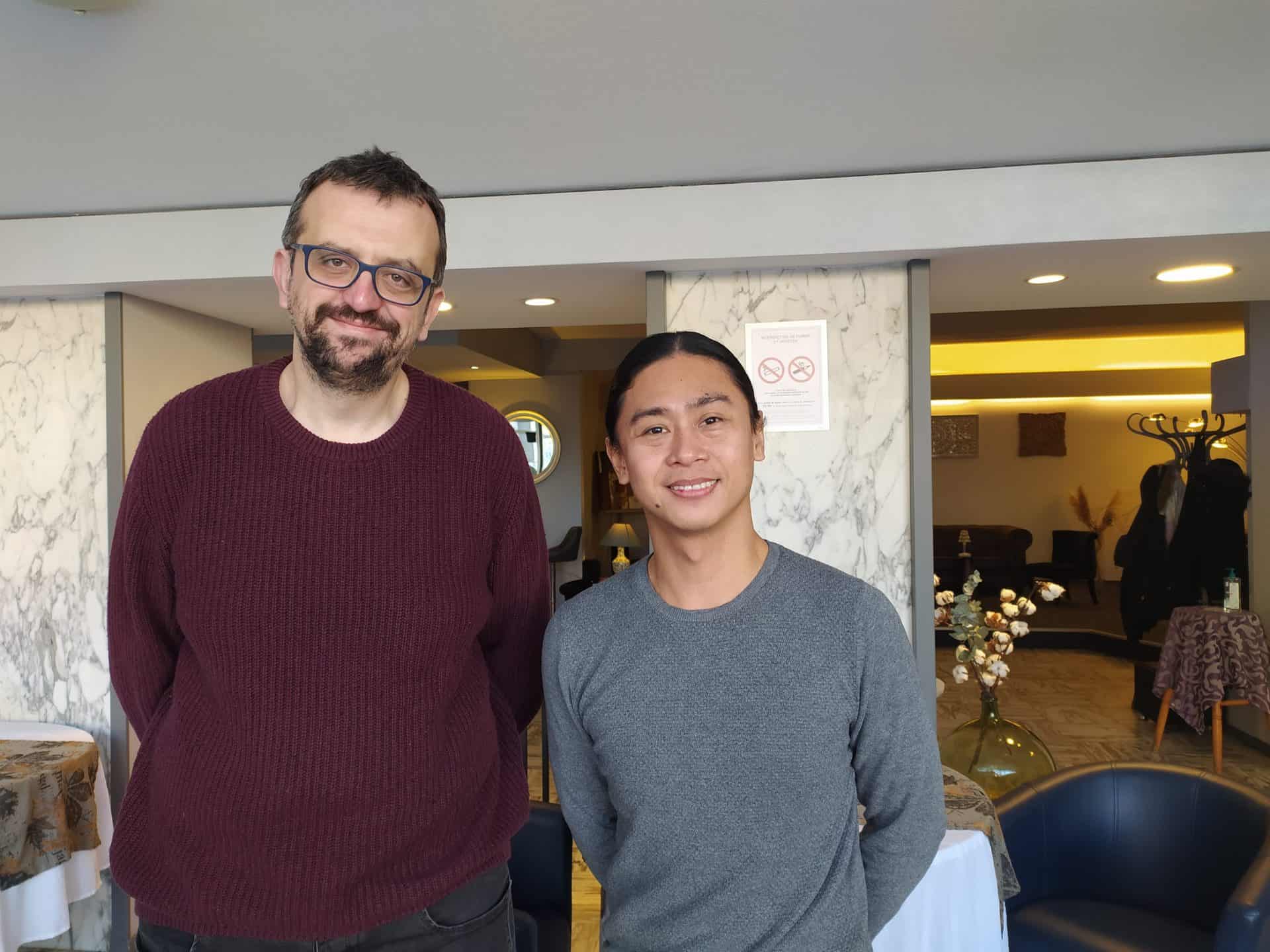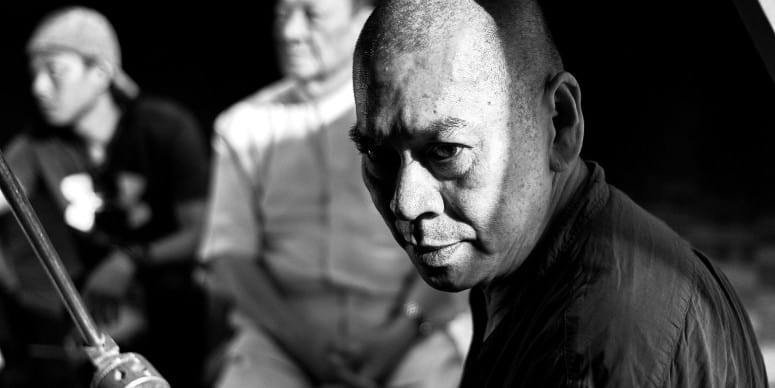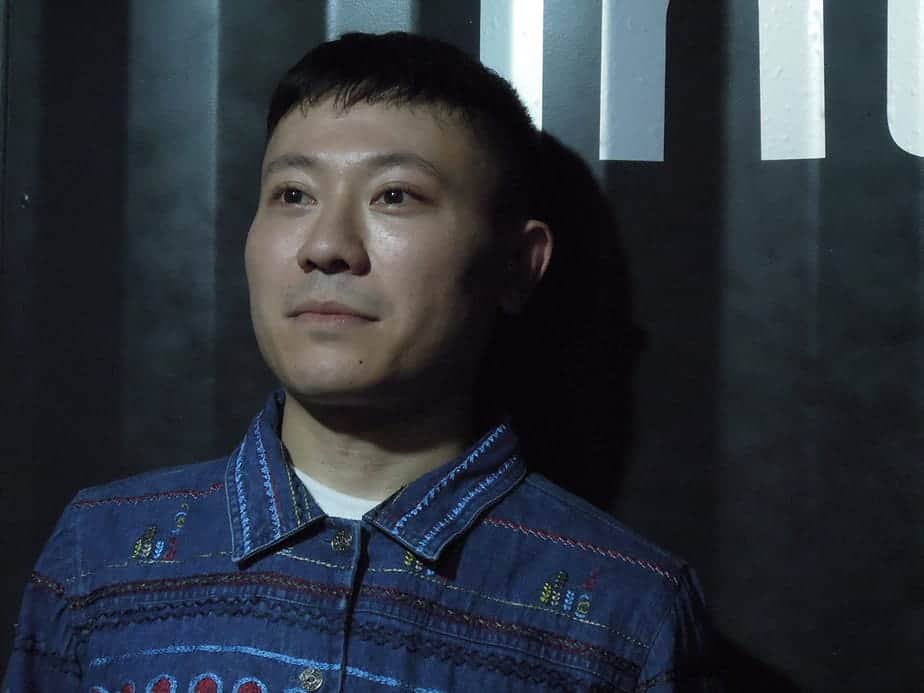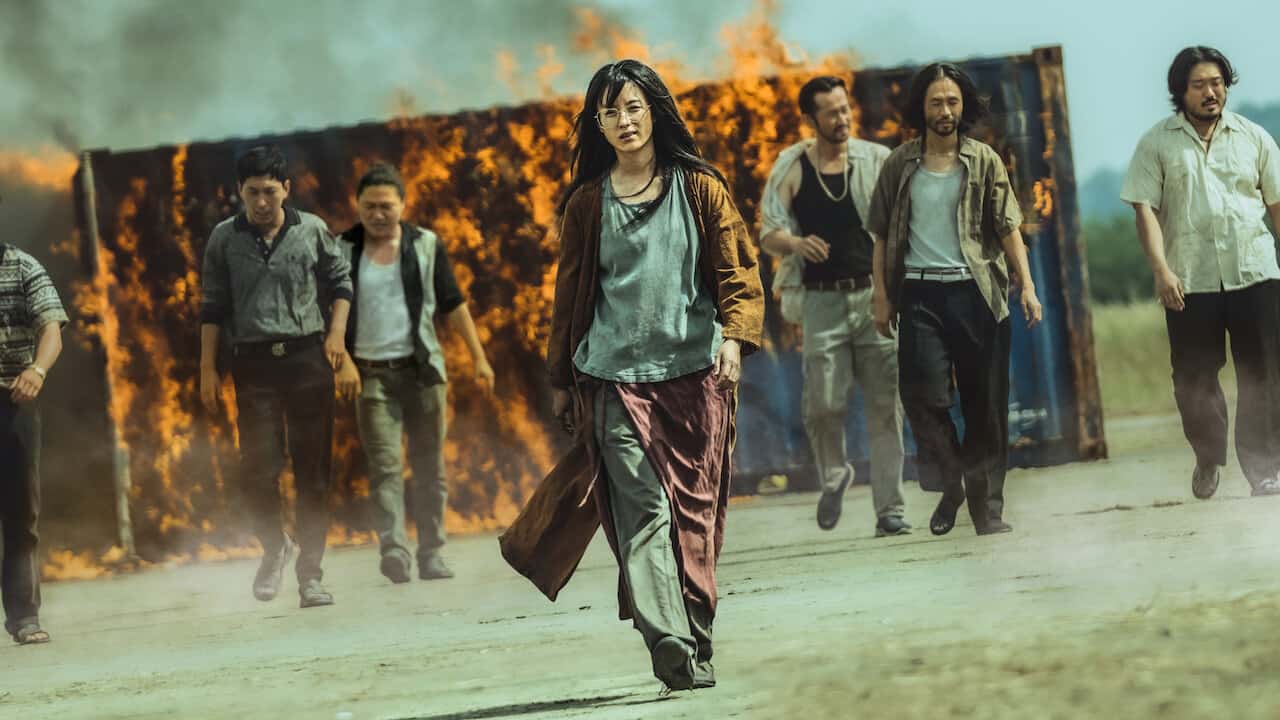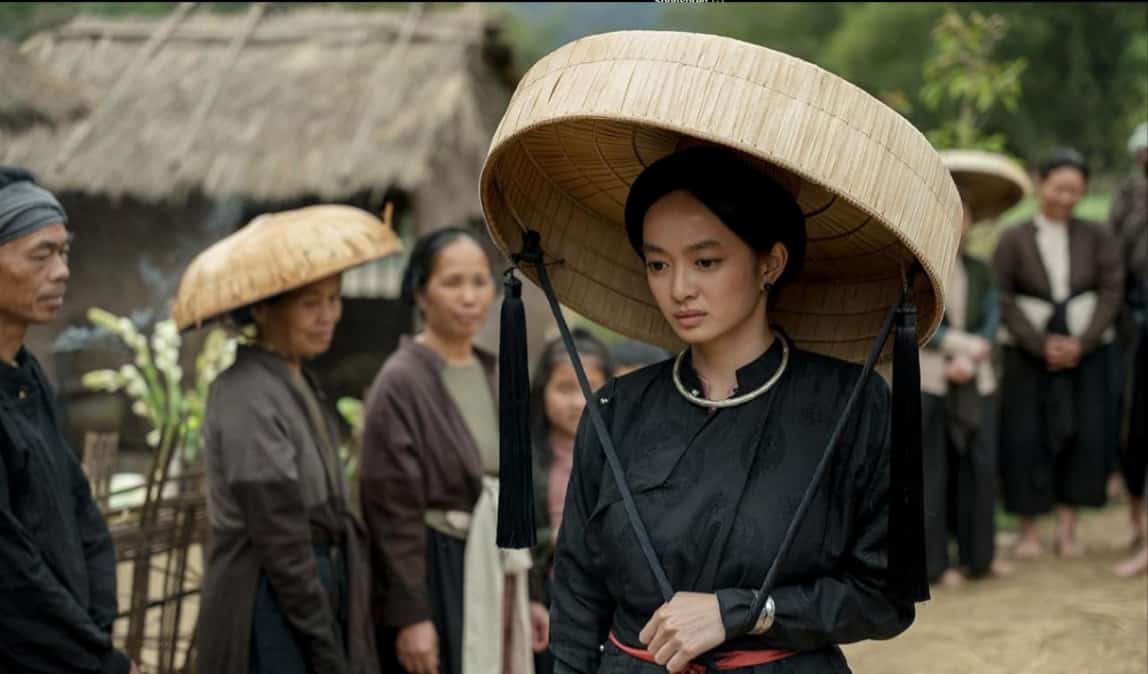2020 will go down in history for many things. The pandemic. The US elections. Rat-filled sinkholes. But 2020 will also go down in history as the year of Asian cinema: when Bong Joon-ho's “Parasite” (2019) became the first non-English language film to win the coveted Academy Award for Best Picture; when Ann Hui was recognized with the Golden Lion for Lifetime Achievement Award at Venice Film Festival; when Mohammad Rasoulof's Iranian drama “There Is No Evil” (2020) won Berlinale's Golden Bear. And this is not even to mention the stellar achievements we've had at Asian Movie Pulse as well – including a new partnership with MUBI, a curated arthouse streaming service, and 1000 followers on Instagram. Now, we just want to take a step back to reflect on this year.
Sundance Film Festival in Park City, Utah — arguably the first major event to kick off the film festival circuit — gave us a taste of the year when two of four Grand Jury Prizes went home with Asian filmmakers. A24-produced immigrant tale “Minari” (Lee Isaac Chung, 2020) starring Steven Yeun took home the US Dramatic Competition. On the other hand, Iranian TV show spinoff “Yalda, a Night for Forgiveness” (Massoud Bakhshi, 2020) stole the World Cinema Dramatic Competition.
In Europe, Asian films swept this year's International Film Festival Rotterdam (IFFR). Though this was festival director Bero Beyer's final year, IFFR had not lost sight of the potential emerging across the Eurasian continent. The Asian films selected this year erred on the existential side. Mellow black-and-white arthouse film “The Cloud in Her Room” (Zheng Lu Xinyuan) won the prestigious Tiger Award. Another woman-starring exploratory film, “Only You Alone” co-directed by Zhou Zhou and actress Chi Li, won the FIPRESCI Award. South Korean film “Moving On” (Yoon Dan-bi) — a hit at Busan Film Festival earlier last year — won the Bright Future Award, and wildly popular gangster-thriller “Beasts Clawing at Straws” (Kim Yong-hoon) reaped the Special Jury Award.
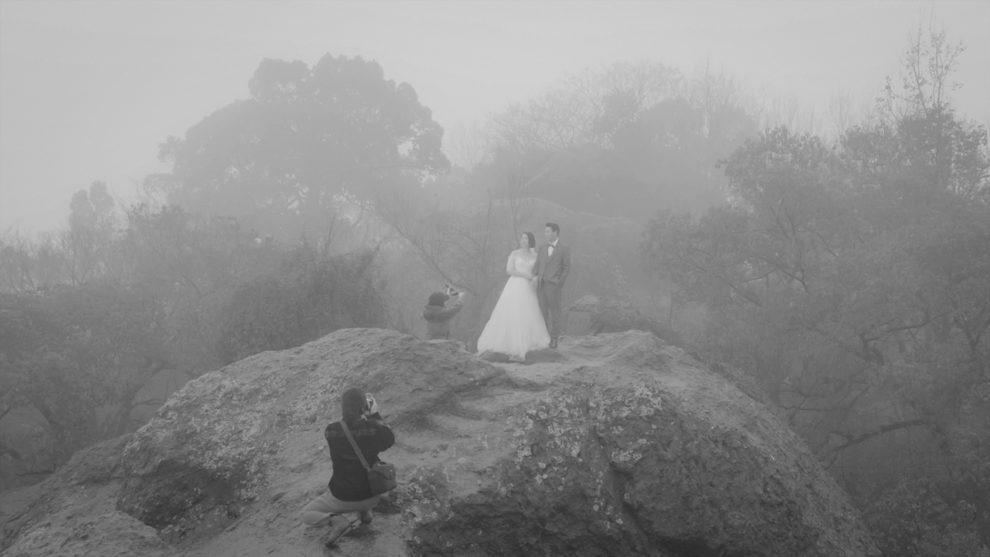
Korean cinema continued to shine the next month at the Academy Awards. Most notably, mainstay auteur Bong Joon-ho made history with “Parasite” — the first Korean Palme d'Or (Cannes 2019), and now the winner of four Oscars (Best Picture, Best Directing, International Feature Film, and Writing (original screenplay)). In light of the popular #OscarsSoWhite movement, “Parasite”'s win – as the first non-English language film to win Best Picture – finally felt like a step towards the right direction.
The high lasted through the last in-person banger of the year, Berlinale. Mohammad Rasoulof's “There is No Evil” – a drama about Iranian death penalty won the Golden Bear for Best Film at the 70th Berlin International Film Festival. Another Korean veteran, Hong Sang-soo, added to his extensive filmography with “The Woman Who Ran” and the Silver Bear. Judges saw potential in the eight-hour, Japan-based drama “The Works and Days (of Toyoko Shiojiri in the Shiotani Basin)” (C. W. Winter and Anders Edström), which won the Best Film at the Encounters section.
In March, time seemed to slip through the sieve when the pandemic reached Europe and America. Film festivals either delayed, went online, or cancelled altogether. By May, even the resilient Festival de Cannes — which had only cancelled twice before with the breakout of World War II and the Student Protests of 1968 — had also closed their premiere doors, opening only for their virtual film market. With 24% of its 55 film roster dedicated to Asian cinema, however, the 73rd edition reflects its keen attention to older Asian masters. This year's “Cannes 2020” films include Goro Miyazaki's stunning departure from Studio Ghibli's traditional animation with CGI film, “Earwig and the Witch”; Yeon Sang-ho's “Peninsula,” the final part to the “Train to Busan” zombie trilogy; and — in light of the recent Hong Kong protests — an omnibus love letter “Septet: The Story of Hong Kong,” written by auteurs Ann Hui, Johnnie To, Tsui Hark, Ringo Lam, Sammo Hung, Yuen Woo-ping, and Patrick Tam.
A summer of confused festival delays passed, but notably Korea-based Bucheon International Fantastic Film Festival mastered the art of hybrid festival-going. By September, Cannes' traditional counterpart, Venice Film Festival, still decided to open its doors with limited capacity. A key player in the Hong Kong New Wave of the 70s and 80s, Ann Hui (“A Simple Life,” “The Golden Era,” — now featured on MUBI!) was awarded the Golden Lion for Lifetime Achievement. At the same time, fresh voices prevailed. Another Asian-American, Chloé Zhao, took home the Golden Lion for her somber, recession-ridden drama “Nomadland.” Ahmad Bahrami's second-ever feature, “The Wasteland” — a daring Persian-Turkish-Kurdish production on factory labor — reaped the FIPRESCI Award.
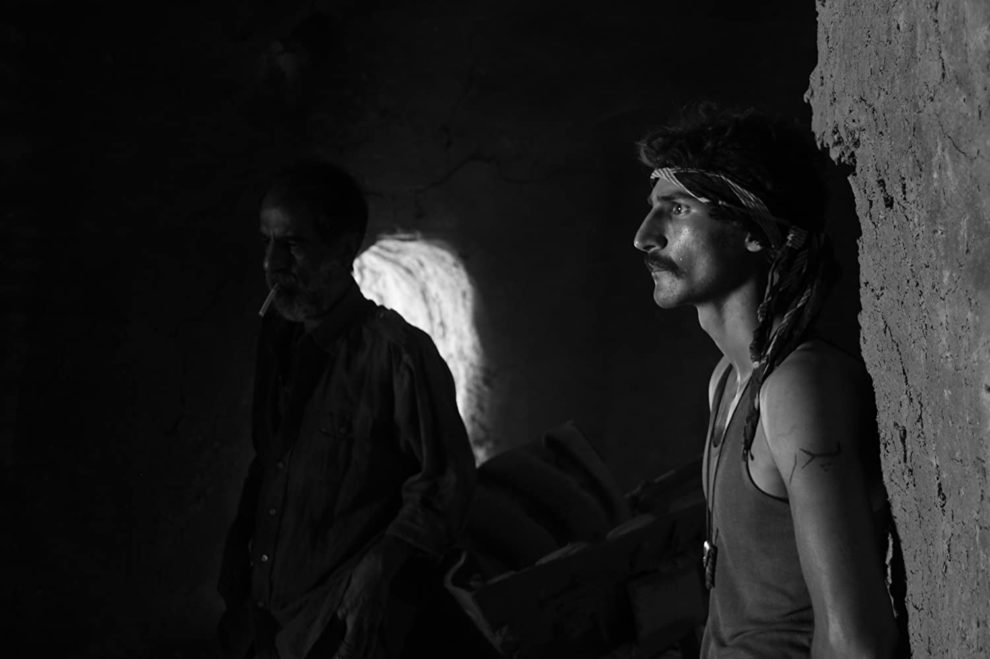
Across the Atlantic, a reduced slate Toronto International Film Festival (TIFF) dipped into a more hybrid approach. Digital screenings, drive-ins, red carpets, and of course, more stay-at-home cinema reigned galore. Though only one week after Venice, TIFF this year saw another surprise: an overlap between their favorite films. Zhao's “Nomadland” once again won the top prize, The People's Choice Award. Another diaspora filmmaker, Chinese-New Zealander Roseanne Liang, won The People's Choice Midnight Madness Award for a film vaguely resonant with Zheng Lu Xinyuan's title — “Shadow in The Cloud.”
The rest of the fall has seen a mix of festival routines. Some, like Oscars-predicting Telluride Film Festival, redeployed their own slate in other festivals (à la Cannes) while they themselves decided to stave away from festivities altogether. Other regional ones, like the BFI London Film Festival and Mill Valley Film Festival, have maintained strict regional locks on their online screeners. Still others, like the London East Asia Film Festival, stubbornly remained in-person in light of eased lockdown restrictions.
In-person or online, hybrid or otherwise — this year has definitely been atypical for cinema all around. For Asian cinema though, we happily rest on our laurels. Iranian, Korean, and Chinese films have especially made marked gains in the Euro-American theater in 2020, and Asian diaspora filmmakers have become more recognized on the international stage. Though we could not gloat in glamour this year, there will always be – as Derek Tsang's 2019 crime-thriller says – “Better Days” to come.


